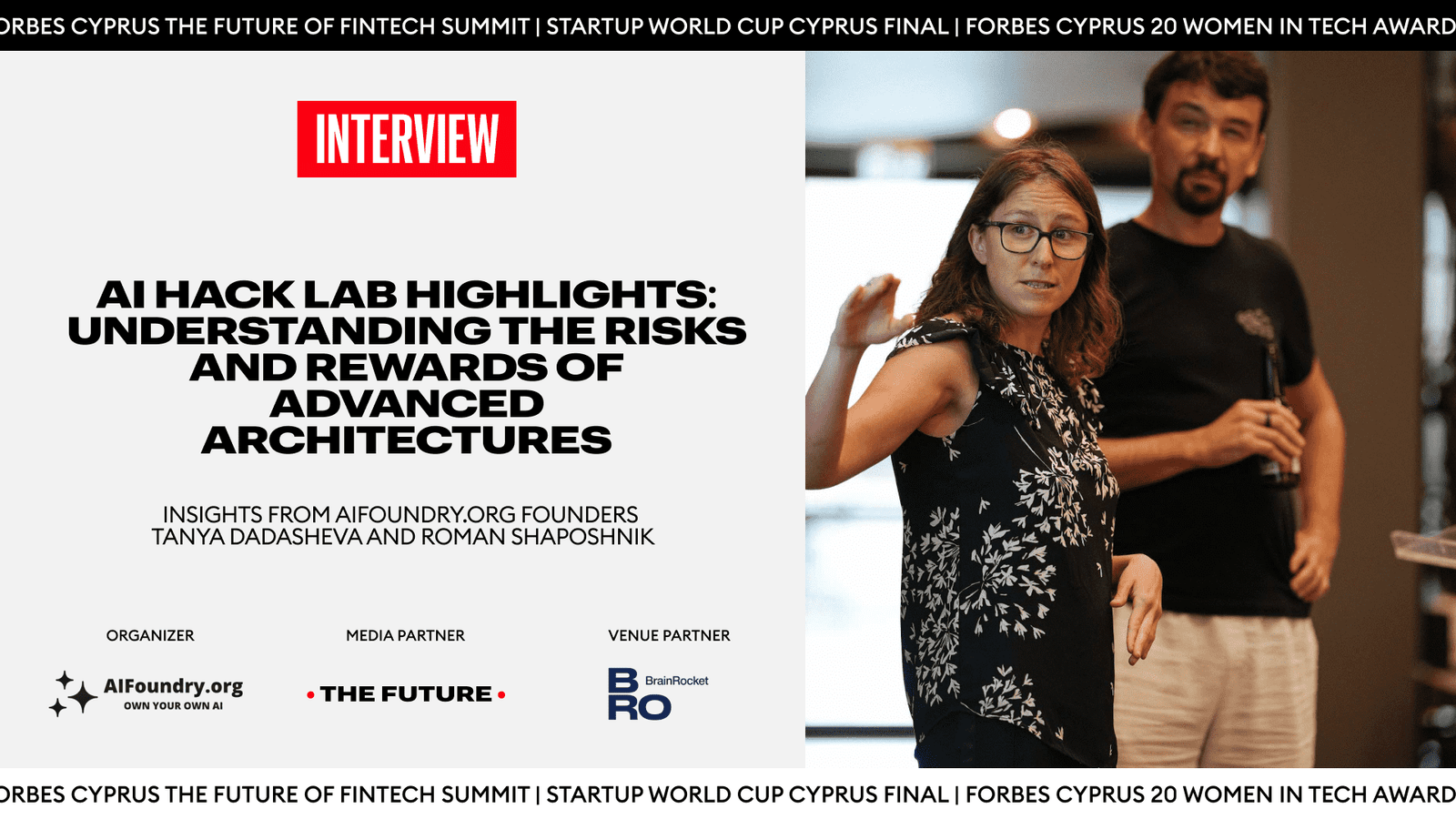Achieving Work-Life Balance, Diversity, and Leadership: Insights from Women Tech Leaders
In the rapidly evolving landscape of the tech industry, the role of women has become increasingly prominent. This article delves into a discussion with prominent women leaders in the tech sector, shedding light on their experiences, challenges, and the pivotal importance of diversity. The panel features Catalina Valentino, Co-Founder and CEO of ELIXR; Elena Krutova, Chief Administrative Officer at Exness; Elena Dolya, Chief Administrative Officer at AdTech Holding; and Elena Grigorian, CEO at MY.GAMES; and Evi Pilavaki, Chief Legal Officer at bbf.
The Impact of Diversity:
Catalina Valentino initiates the conversation by addressing the impact of diversity on her company, emphasizing the need for a balanced ecosystem. Elena Krutova adds that diversity is crucial in decision-making processes, stating that men and women possess different skill sets, contributing to a well-rounded and empathetic work environment. Elena Dolya emphasizes the importance of comprehensive decision-making resulting from diverse perspectives, while Elena Grigorian highlights the significant results achieved by MY.GAMES due to its balanced team. Evi Pilavaki brings attention to the broader definition of diversity, including factors such as ethnic background, socio-economic background, culture, education, and life experiences.
Breaking Stereotypes and Overcoming Challenges:
The panel acknowledges the challenges faced by women in tech and discusses strategies to break stereotypes hindering their progress. Elena Krutova emphasizes the need for equal representation in management teams to ensure the effectiveness of diversity principles. Evi Pilavaki advocates for self-development and goal-setting as effective strategies to overcome challenges, emphasizing the importance of going beyond the surface in addressing diversity.
Mentorship and Role Models:
Elena Dolya stresses the importance of mentorship and having inspirational role models. She shares her experience of finding inspiration in a colleague who has guided and motivated her throughout her career. The panel collectively highlights the significance of mentorship and role models in empowering women to thrive in leadership roles.
Diversity as a Collective Effort:
Elena Krutova challenges the notion that discussions about diversity should be led exclusively by women and suggests the inclusion of a panel of males to foster a collaborative understanding of the best skills and characteristics from both genders. The emphasis is on coexistence and collaboration rather than assimilation into a male-dominated world.
Skills Development for Leadership Aspirants:
The conversation shifts to skills development for women aspiring to leadership roles. Elena Grigorian underscores the importance of professional skills as a baseline requirement. Elena Krutova adds the critical skill of resilience, emphasizing the ability to navigate challenges and setbacks without giving up. The consensus is that the development of communication skills and self-confidence is vital, especially for women in male-dominated industries.
Inclusivity of Workplace Culture:
Evi Pilavaki discusses the role of trust in building an inclusive workplace culture. She emphasizes the importance of team dynamics and creates spaces that encourage employees to interact and exchange ideas. The physical design of workspaces is also highlighted as a factor influencing inclusivity.
The Balancing Act: Work and Personal Life:
Catalina Valentino kickstarts the conversation by addressing the perennial challenge of finding the right balance between personal and professional life, especially for women. Elena Krutova candidly shares her insights, acknowledging the complexity of managing a career, family, and personal interests. She emphasizes the need for support, encouraging working mothers to seek assistance and not succumb to the misconception that they must handle everything independently. Elena highlights the importance of self-care, seeking support for mental health, and recognizing the value of asking for help.
Companies as Enablers of Work-Life Balance:
Catalina probes Elena Krutova on the role companies play in facilitating work-life balance. Elena advocates for organizations to consider employees as part of a larger family unit, providing healthcare, sports activities, and family events. She underscores the significance of empathy in the workplace, allowing for support during personal challenges. Evi Pilavaki echoes these sentiments, stressing the importance of trust and manipulating physical spaces to encourage interactions among team members.
Cultural Shifts for Inclusivity:
Elena Grigorian expands the discussion on work-life balance, emphasizing its importance in achieving long-term success. She introduces effective management strategies from the workplace into her personal life, allocating time during the workday for family commitments. Delegation is highlighted as a crucial skill, allowing individuals to share tasks with professional and family members, fostering support, and showcasing abilities.
Gender Diversity: Men as Allies:
The conversation pivots to the role of men in supporting gender diversity in the workplace. Elena Dolya challenges the notion that special support is needed from men to women, emphasizing the commonality of human needs. She calls for a shift from discussing women’s leadership to focusing on leadership. The panel collectively agrees that both genders should acknowledge and support diversity, creating a collaborative and inclusive environment.
Advice for Future Generations:
The article concludes with valuable advice from the panel for young women aspiring to leadership roles in the tech industry. Evi Pilavaki encourages cultivating a sense of self-worth and resilience, emphasizing the importance of hard work. Elena Grigorian advises taking small steps, recognizing that progress often comes from consistent efforts. Elena Krutova underscores the power of repetition, urging parents to tell their children they can be whatever they want consistently. Elena Dolya emphasizes seeking inspiration from other women, mentorship, and fearlessly trying new things.
The insights provided by these women leaders in tech underscore the positive impact of diversity on business success and the need for inclusivity in workplace culture. The challenges women face in the industry are acknowledged, but the focus remains on the empowerment, skills development, and mutual support needed to thrive in leadership roles. The call to action is clear – create an environment where diversity is celebrated and all individuals, regardless of gender, can contribute to the collective success of the tech industry.
From work-life balance to gender diversity, the importance of empathy, support, and a shift towards inclusive leadership is evident. The advice for future generations is a guiding light, encouraging young women to embrace their diverse identities, cultivate resilience, and fearlessly pursue their aspirations in the ever-evolving tech landscape.





